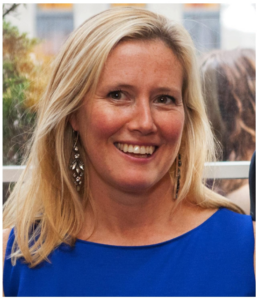TRN407Y1
TRN407Y1: Community Research Partnerships in Ethics
Course Description
The course is intended to be a special enrichment opportunity for a group of senior students doing strong work in the program. It counts as a full program credit in the “Group A” (Ethics) category of optional courses (or, depending on your focus and coordinator approval, in one of the other Groups). We have spots for up to 14 students this year.
Students in this community engagement course are placed as research interns, either solo or in groups of two, with a non-profit, governmental office or grassroots organization. Students discover with the organization a focus for their research on an ethically-grounded issue of direct relevance to the organization; conduct the research; and generate community tools that the organization requests, along with a substantial research paper. Each student is placed with a faculty supervisor who will support and guide their writing process. Over the year, CRPE students convene for eight training and peer support meetings with the course coordinator.
CRPE students:
- spend a required minimum of 30 hours (or up to 40) “on site” with their community partner (this year that will be remote)
- develop a timeline for scheduled meetings and turn-ins with their faculty supervisor, in alignment with the course requirements
- attend mandatory meetings with all the students in the program (about once every 3 weeks on both the fall and winter term) for internship orientation and skills-building and to share experiences and strategies
The course includes the chance to showcase and discuss your work with faculty supervisors, fellow students and community partners. Click here to learn about CRPE experience and the impact of research.
2023-2024 Instructor
|
Jennifer Leitch Jennifer Leitch, JD, LLM, PhD is a researcher and law teacher, primarily in the area of legal ethics and professionalism, access to justice, torts and dispute processes. Her PhD dissertation at Osgoode included ethnographic research involving self-represented litigants’ experiences participating in the civil justice system. She continues to research and publish in the fields of access to justice and legal ethics. She also practiced civil litigation at Goodmans LLP in Toronto. Jennifer has been an adjunct faculty member of Osgoode Hall Law School and the University of Toronto Faculty of Law where she taught legal ethics and professionalism, legal procedure and legal research and writing as well as torts. She is the Associate Director and an instructor in the Ethics, Society & Law Program at Trinity College, University of Toronto and a Senior Research Fellow with the Canadian Forum on Civil Justice. She is also the Director of the National Self-Represented Litigant Project situated at University of Windsor, Faculty of Law. |
 |